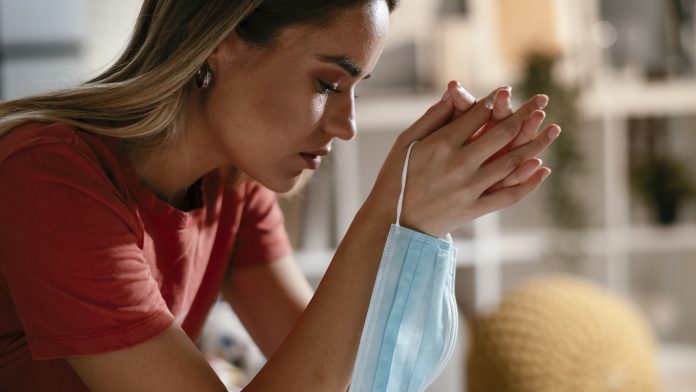
The World Health Organization (WHO) has worryingly revealed that healthcare for women is severely lacking in the wake of the COVID-19 pandemic.
Findings from the WHO global pulse survey on continuity of essential health services during the COVID-19 pandemic illustrate that a range of healthcare for women, including sexual, reproductive, maternal, newborn, child, and adolescent health services, are still disrupted in many African countries.
The survey, which was performed between November and December 2021, demonstrates the scale of the impacts on women’s healthcare, with the 36 African countries that provided complete data reporting that 25% of their services are disrupted. Moreover, a survey of 11 African countries found a 16% increase in maternal deaths due to the COVID-19 pandemic between February and May 2020.
Matshidiso Moeti, WHO regional director for Africa, commented: “The gravity and extent of these consequences cannot be overemphasised. Interruptions to health services are exacerbating women’s often already limited access to health care, especially in the African region.”
How the pandemic affected women
The findings demonstrated that beyond the initial COVID-19 infection, the pandemic is also inflicting significant economic damage on women, driving them toward extreme poverty. Moeti explained that gender equity plays an essential role in health outcomes and must be included in the design and implementation of public health interventions.
He said: “Investing in women’s economic participation, livelihoods, and health is an investment in the health of future generations of Africans. African countries cannot afford any further reversals of the fragile gains made in pursuit of equitable care for women and girls.”
The report also highlighted that domestic violence against women and girls, which was already a serious problem that preexisted COVID-19, has been significantly exacerbated during the pandemic.
Eleanor Nwadinobi, president of the Medical Women’s International Association, said: “During the lockdown, we had victims locked in with their abusers. There was reduced access by human rights defenders to address issues of harmful practices against widows, early marriages and female genital mutilation that increased with school closures. No longer should we say that we are not prepared for increased violence against women and girls when we know that it already exists and it is 100% preventable.”
Enhancing healthcare for women
Nwadinobi suggested that there should be task forces set up to ensure that any response to the pandemic is inclusive of men, women, and disabled people.
She said: “We have lived through four waves, the fourth wave was so dramatic in its scale and not so lethal in terms of the mortality, it is coming down now and, what’s most important is for us to anticipate what’s going to happen next.”
Norah Obudho is the East Africa programme director at WomenLift Health, a project that champions the contribution of women in global health outcomes. She believes that although many men have lost their jobs during the pandemic, women have experienced a triple-negative effect from COVID-19.
She said: “Women and girls faced and continue to face decreased to no access to reproductive, maternal, neonatal, child and adolescent health services due to the restrictions that came with the COVID-19 containment measures.”
Obudho explained that healthcare for women needs to be more robust to ensure that services can adapt to any world event, including epidemics and disasters, and that more women need to be given positions of leadership in public health to drive change.
“Only when there is parity in leadership can the health system be responsive to the needs of women and their households,” Obudho said.







